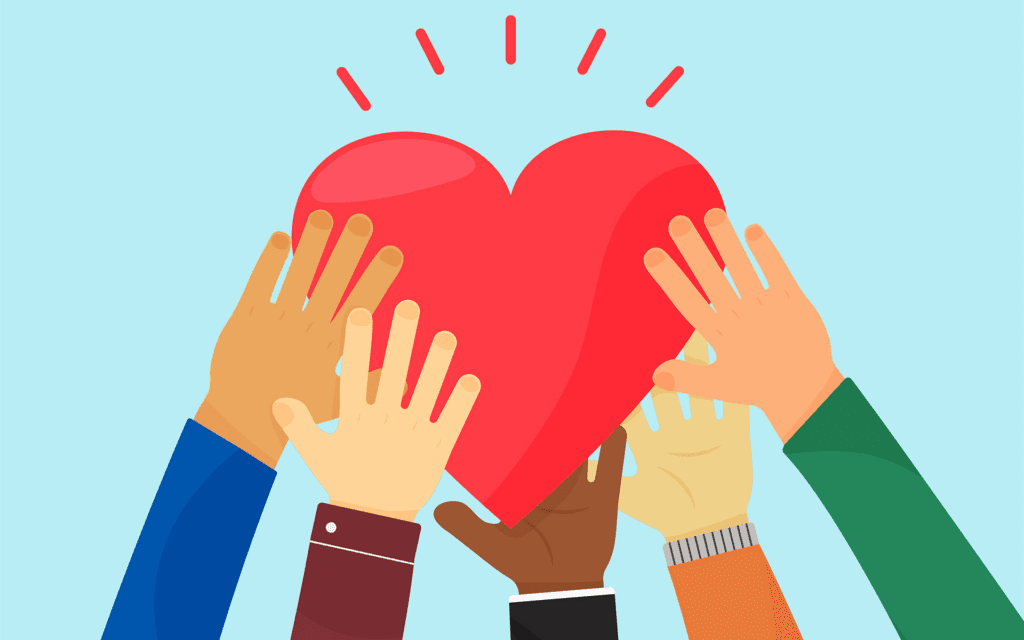
-
Pinterest
We all make mistakes. It’s part of being human. Whether it’s a slip-up at work, an argument with a loved one, or a personal regret, these moments can weigh heavy on our hearts. But mistakes don’t have to define us. Instead, they offer us an opportunity—a second chance to grow, learn, and heal. Facing mistakes is never easy. It can bring up feelings of guilt, shame, or fear. Yet, it’s how we respond to these moments that shapes our journey. Embracing second chances with compassion to face our mistakes is key to moving forward with grace and understanding.
Accepting Imperfection to Face our Mistakes
One of the hardest things to do after making a mistake is to accept it. We tend to be our own harshest critics, replaying the scenario over and over, wondering what we could have done differently. But the truth is, perfection doesn’t exist. Mistakes are a natural part of life.
When we stop expecting ourselves to be perfect, we open the door to self-compassion. This doesn’t mean ignoring our mistakes, but it does mean recognizing that they don’t make us unworthy or unlovable. It’s a shift in mindset—from harsh self-judgment to gentle self-acceptance.
Compassion Starts with You
Before we can face our mistakes compassionately, we must learn to be kind to ourselves. That inner dialogue you have when things go wrong matters. Instead of saying, “I messed up, I’m such a failure,” try saying, “I made a mistake, but I can learn from this.”
Research in self-compassion, led by psychologist Kristin Neff, shows that people who treat themselves with kindness are more likely to overcome challenges and setbacks. They don’t dwell on their mistakes but instead use them as stepping stones to personal growth.
Being kind to yourself isn’t about making excuses or avoiding responsibility. It’s about giving yourself the same understanding and forgiveness you’d offer a friend in a similar situation.

-
Pinterest
Reflect, Don’t Ruminate
Reflection is an essential part of learning from mistakes. It allows us to think about what went wrong and how we can improve. But there’s a difference between healthy reflection and rumination.
Rumination is when we dwell on our mistakes, replaying them in our minds without end. It can lead to feelings of helplessness and frustration. Reflection, on the other hand, is purposeful. It involves looking at the situation objectively, identifying what can be learned, and then moving on.
To reflect effectively, ask yourself: What can I learn from this? How can I do better next time? What steps can I take to avoid repeating this mistake?
Apologize with Sincerity
When our mistakes affect others, it’s important to make amends. Apologizing is not just about saying sorry—it’s about acknowledging the hurt we may have caused and taking responsibility for our actions.
A sincere apology includes understanding the impact of your actions, expressing regret, and showing a commitment to making things right. It can be difficult to admit when we’ve hurt someone, but offering a genuine apology can pave the way for healing and restoration of trust.
It’s also essential to remember that apologizing doesn’t guarantee forgiveness. Others may need time to process their feelings. Compassionately facing our mistakes means respecting their space and allowing them the time they need.
Embrace the Opportunity to Grow
Every mistake holds a lesson. Maybe it teaches us patience, resilience, or humility. Perhaps it shows us how to communicate better or reminds us to slow down and think before acting.
Rather than viewing mistakes as setbacks, we can choose to see them as opportunities for growth. With each mistake, we become more aware of our strengths and weaknesses. We learn to navigate life’s challenges with greater wisdom and understanding.
Growth is not linear, and it’s okay to stumble along the way. What’s important is that we keep moving forward, learning from our experiences and striving to be better.
Forgive Yourself
Perhaps the hardest part of facing mistakes is forgiving yourself. We often carry the weight of past regrets, holding onto them long after others have moved on. But forgiveness is a gift you give yourself.
Self-forgiveness doesn’t mean excusing harmful behavior. It means acknowledging that you are human, capable of both good and bad, and that you are worthy of love and redemption.
Letting go of guilt and shame frees you to embrace your second chance fully. It allows you to step into the future without the burden of the past, ready to make better choices.

-
Pinterest
The Power of Vulnerability
Facing mistakes with compassion requires vulnerability. It means being open about our imperfections and willing to admit when we’re wrong. Vulnerability can be scary, but it’s also incredibly powerful.
When we allow ourselves to be vulnerable, we connect more deeply with others. We create space for authenticity and empathy. Mistakes don’t separate us; they unite us in our shared humanity.
Brené Brown, a researcher on vulnerability, emphasizes that “vulnerability is not weakness; it’s our most accurate measure of courage.” Owning up to our mistakes and seeking to improve is one of the bravest things we can do.
More Related Posts
- Discover the Joys of Mindful Eating
- The Power of Body Scans and How to Do Them
- 12 Ways to Monetize your Creative Practice
- 5 Tips for Staying Creative during Challenging Times
Moving Forward with Grace
Second chances are a gift. They remind us that we are not defined by our past, but by how we choose to move forward. When we face our mistakes with compassion, we give ourselves the freedom to grow, learn, and heal.
So, the next time you find yourself dwelling on a mistake, take a deep breath. Show yourself some kindness. Reflect on what you can learn. Apologize if necessary. And then, forgive yourself and move forward. Life is full of second chances, and each one is an opportunity to embrace who you are becoming.
Grab Your Free Printable!
Pop in your name and email and your download will start right away.


